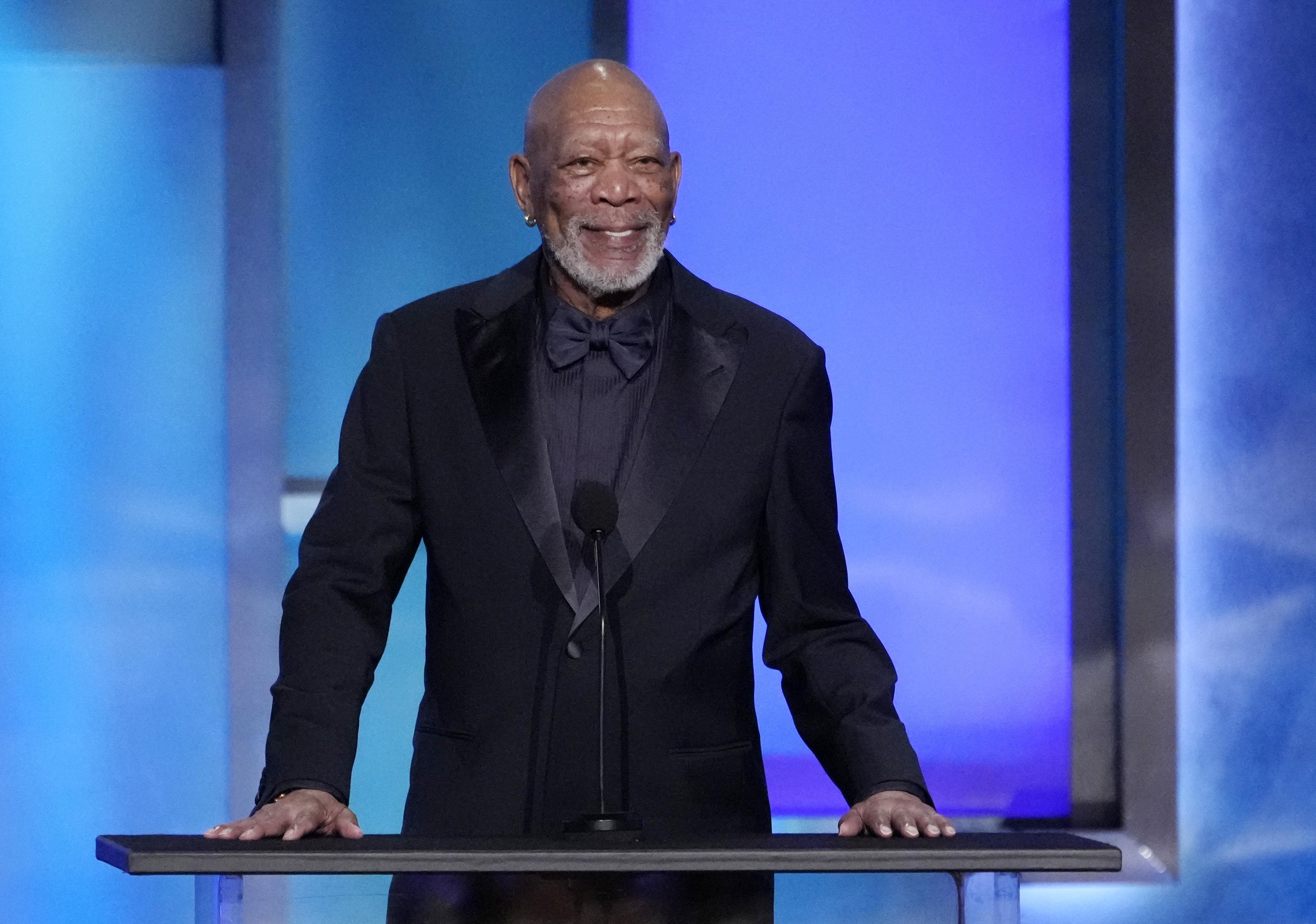Academy Award–winning actor Morgan Freeman lent his voice on Tuesday to a push for better early childhood education in his home state.
Actor Morgan Freeman backs push for more early learning in Mississippi


Academy Award–winning actor Morgan Freeman lent his voice on Tuesday to a push for better early childhood education in his home state.

Will Stribling
Actor Morgan Freeman backs push for more early learning in Mississippi
Freeman joined the Mississippi Early Learning Alliance, or MELA, at the Two Mississippi Museums for its inaugural fundraiser, sharing memories of growing up in Delta and how a childhood love of reading shaped his life.
“All of the things that I've done, flying, sailing, acting, it's because of books,” Freeman said.
The event spotlighted stories of parents who've been able to re-enter the workforce or go back to school because of subsidized child care. But advocates say it will take coordinated, statewide efforts to increase access to childcare.
While the state’s pre-K collaboratives have expanded quality four-year-old programs, younger children’s needs are often harder to meet. Biz Harris, executive director of MELA, says those gaps in access are holding families back.
"When it comes to birth-to-three-year-old child care, it is hard to access, and even harder to afford for families,” Harris said.
The stakes are also high for the state’s economy. According to a MELA report on childcare, about 7% of Mississippi’s labor force stays out of full-time work due to childcare challenges and this lowers the state’s GDP by up to $8 billion per year.
Data from the MELA report also shows that nearly a third of Mississippi children under five don’t have access to a licensed childcare slot. This year state lawmakers set aside $15 million for Mississippi’s Child Care Payment Program. Still, thousands of fewer children will be served by it in the future because the state no longer has hundreds of millions of dollars in COVID-19 relief funds to shore it up.
Mississippi spends less per child on early childhood education than most other states, even Southern ones, according to MELA, For example, Mississippi spends around $600 per child while Arkansas spends over $3000. Meanwhile, the average annual cost of center-based care for one child in the U.S. is now over $13,000.
Still, Harris thinks Mississippi has an opportunity to be a national leader in early childhood outcomes if it builds on the foundation laid by programs like Head Start and state-funded, early learning collaboratives.
“If we focus on the first five years of life for Mississippi children, we can change the whole trajectory of those children's lives and ensure that our state thrives forever,” Harris said.
Linda Anthony is a retired teacher who spent more than three-decades teaching English composition to Mississippi students. She says the benefits of early education show up in the classroom even years later.
“The reading background gives them a different level of comprehension and expressing themselves.Reading comprehension is the background, the foundation for success in any course, and in life too.”
Anthony also urged policymakers to go beyond communicating with administrators as they look to build upon the K-12 academic performance gains seen in recent years dubbed the “Mississippi Miracle.”
“Go into the classrooms, observe these children, pay attention to what the teachers are doing and trying to accomplish and then make the laws,” Anthony said.